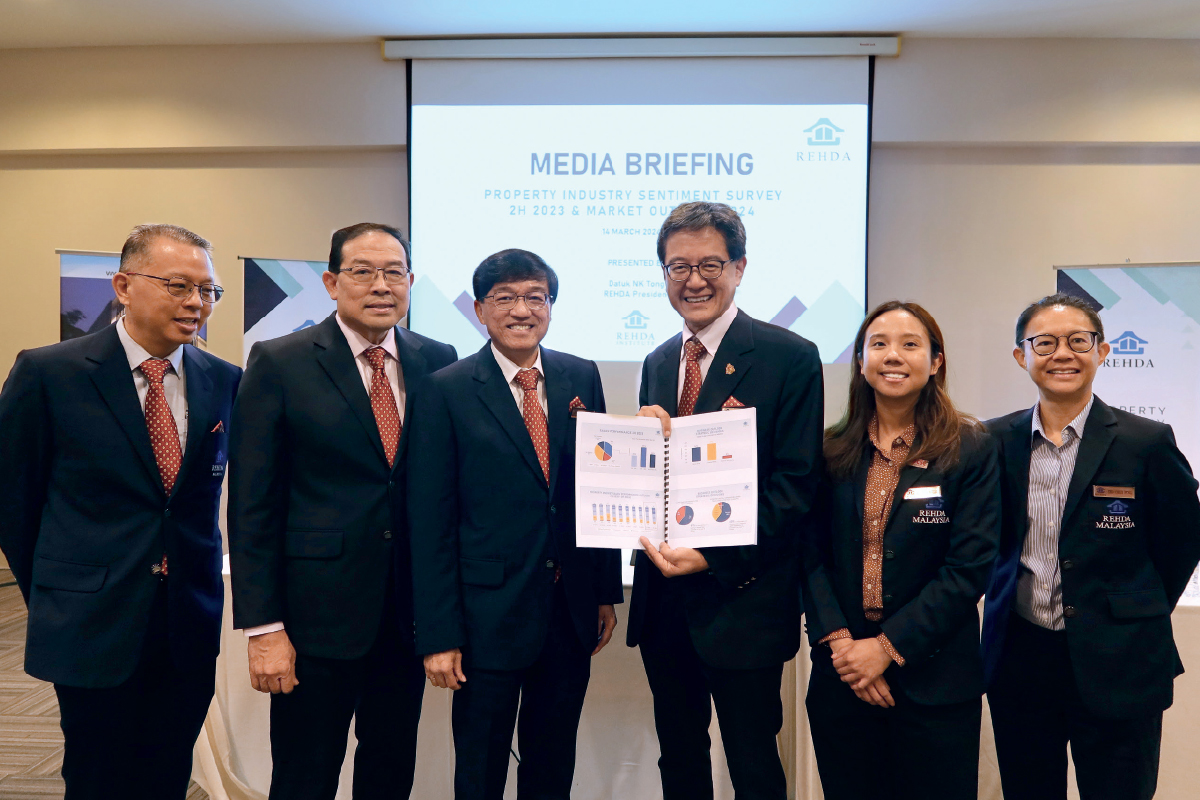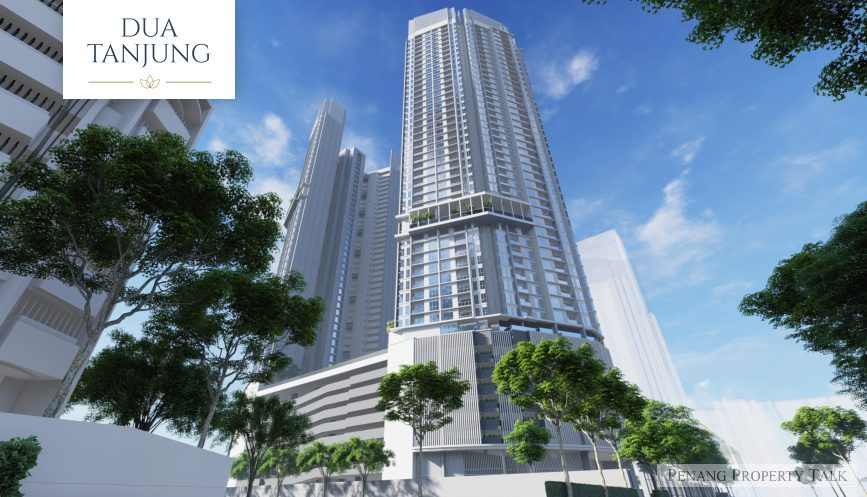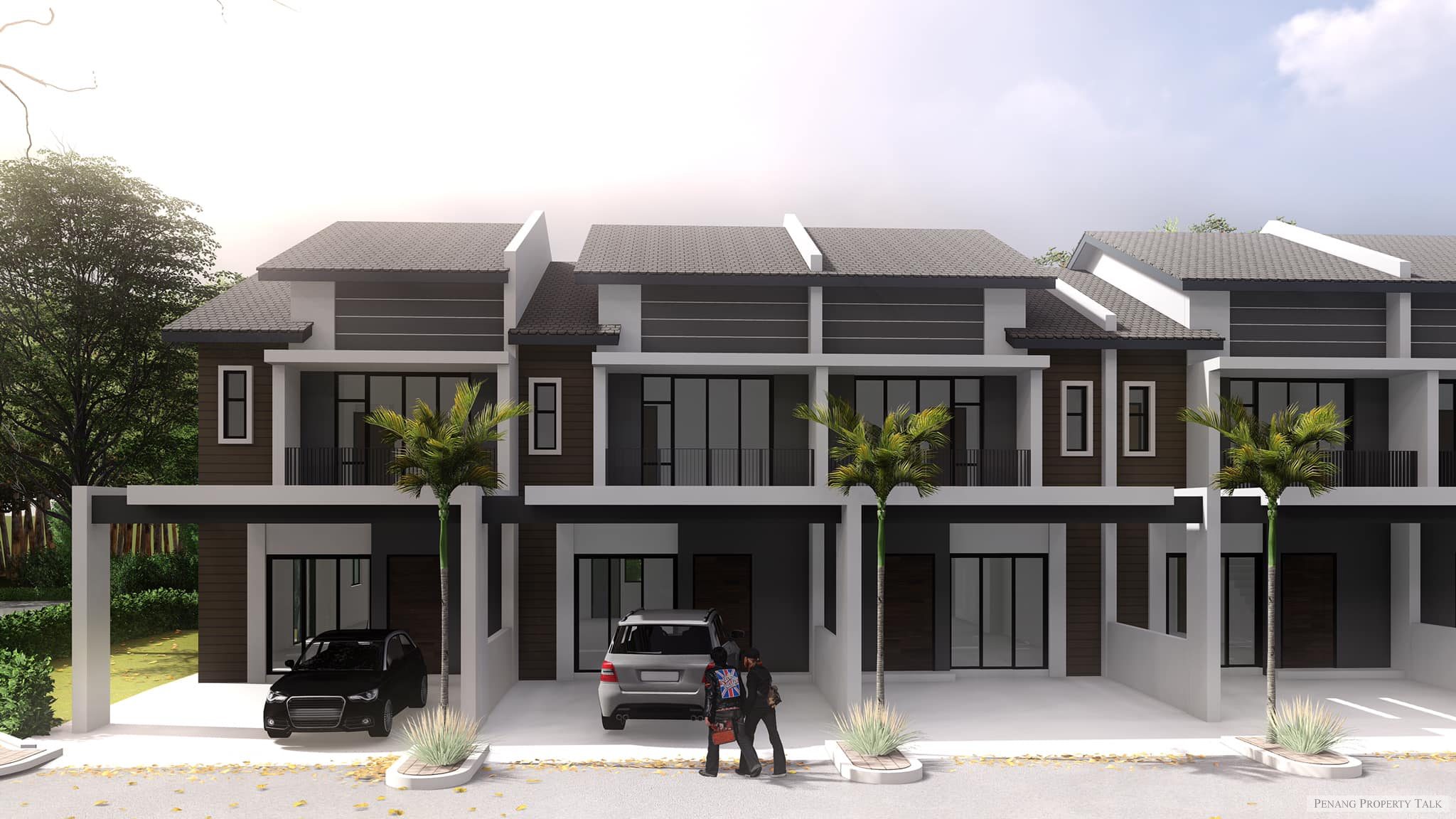Source: The Edge Malaysia
In the latest findings presented by the Real Estate and Housing Developers’ Association Malaysia (Rehda Malaysia), the pulse of Malaysia’s property industry for the first half of 2024 suggests a cautious stance among developers. The report, titled “Property Industry Survey 2H2023 and Market Outlook for 2024,” was unveiled to the media by Rehda Malaysia president Datuk N K Tong last month.
Based on the survey responses from 152 property developers across Peninsular Malaysia, the outlook for growth in the residential property sector appears balanced, with 52% expressing a neutral sentiment. Despite this, a significant portion remains optimistic (30%), while a smaller fraction is either pessimistic (15%), very optimistic (1%), or very pessimistic (2%).
However, the survey indicates a conservative approach among developers, with only 45% intending to launch projects in 1H2024. Among them, about three-quarters anticipate modest sales performance, with projections hovering around 50% or below in the first six months post-launch.
The decision to hold back on new projects stems from various factors cited by developers, including unfavorable market conditions, a dearth of suitable products, delays in approvals by authorities, operational constraints, and an accumulation of unsold inventory.
Tong underscored the escalating costs confronting developers, which have surged due to rising cross-subsidies and compliance expenses over the years. Notably, the survey revealed a unanimous consensus among respondents (91%) regarding higher building material prices in the preceding year, with notable spikes observed in cement, concrete, and sand, while only aluminum registered a decline.
In response to these challenges, developers have adopted several strategies, including adjusting property prices, narrowing profit margins, embracing cost-efficient materials, altering designs, and focusing on smaller unit sizes—a trend observed globally.
Tong emphasized that while developers adapt to market dynamics, they bear the responsibility of ensuring sufficient profit margins to withstand economic shocks and deliver homes to buyers. Nonetheless, concerns linger regarding the sustainability of reduced profit margins and the need for adequate financial buffers.
Moreover, challenges persist during the construction phase, primarily attributable to issues with building materials and labor shortages, underscoring the need for comprehensive industry-wide solutions.
On the sustainability front, the survey highlighted a growing emphasis among developers, with 85% considering it an integral aspect of their operations. Notably, 20% have undertaken up to five green-certified projects between 2014 and 2023, signaling a positive trend towards environmentally conscious development practices.
Reflecting on the industry’s performance in 2H2023, Tong noted a slight decrease in property launches compared to the preceding period. Moreover, a concerning rise in unsold completed residential units was observed, particularly within the affordable price range, suggesting challenges in meeting the housing needs of lower-income groups.
Tong proposed several measures to incentivize developers to participate in affordable housing initiatives, including reductions in development charges, lower land conversion premiums, and exemptions from utilities contribution charges.
Looking ahead, Tong advocated for the establishment of a national affordable housing trust to address mismatches in housing demand and supply, promoting market-driven solutions and enhancing urban redevelopment efforts through strategic legislative initiatives.
Join our Telegram Channel now to receive instant update on Penang latest projects and property news



